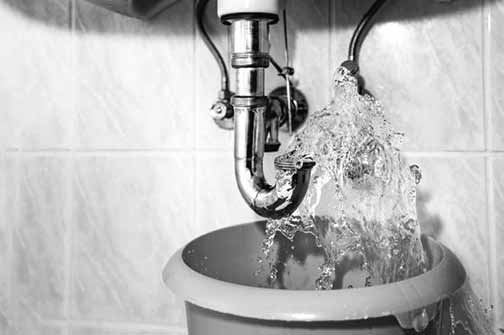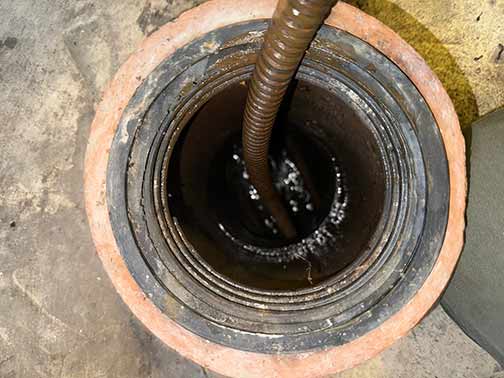
Your plumbing is probably the system with the most maintenance needs in your home. In most American homes, plumbing issues, especially drain problems, are the number one maintenance issue. The reason this happens is easy to understand.
Plumbing systems handle loads of content that can damage them, and over time, Specialized Management Memphis team warns that the pipes in the plumbing system eventually start to wear out. This decline affects both the shape and function of the plumbing, and the rate at which it happens depends on two factors:
- Proper use of the plumbing, and
- Adequate maintenance of the system
Despite how correctly a plumbing system is used or how well it is , some plumbing issues cannot be stopped. Drain clogs, for instance, are an inevitable problem that will happen no matter how well you use your plumbing.
Clogs happen because the water that enters your drains contains a range of semi-solid/solid materials. These materials can settle inside the pipes as water flows through the system. This process starts slowly, and it is completely unnoticeable at the beginning.
But as time passes, the deposits inside the drain pipes can become large enough to interrupt the water flow through the pipes. That increases the rate of buildup in the system until the pipe channel becomes so narrow that the drains in the home start to malfunction.
When this happens, you will experience a range of drain problems inside your home. What can you do to solve this problem? Is there a way to not solve the problem and stop it from happening again? That is what this post is about.
How to solve and prevent drain problems in your home
The best way to deal with drain problems in your home is with a detailed drain maintenance plan. For the best results, this plan should be preventive rather than corrective.
A preventive drain maintenance plan aims to find and solve problems before they become emergencies. A corrective plan only activates after the emergency has happened.
To build a drain maintenance plan that will let you find and fix the drain problems in your home, your program must include the following components:
Routine drain inspections
Scheduled inspections are the heart and soul of any drain maintenance plan because they let you stay up to speed with the condition of your drains. Without regular inspections, it is practically impossible to know what is going on inside the pipes.
Drain inspections are in two categories: monthly inspections by the homeowner (these are superficial) and yearly inspections by a professional plumber. This second inspection is vital for staying steps ahead of drain problems.
Regular drain cleaning
As stated earlier, you cannot prevent the buildup of debris inside your drains. But by cleaning the drains periodically, you can stop buildup from causing clogs in the system. Drain cleaning should be done on a fixed schedule even when there are no clear signs of blockage in the pipes.
The services of a professional plumber
Professional plumbers are a critical component of any effective drain maintenance plan. A plumber is not just someone you call upon to solve the drainage problems in your home. Your plumber should be a partner to help you create and implement your drain maintenance program. Why is a professional plumber so essential for drain maintenance?

Why you need professional drain cleaning services
Professional equipment and techniques
Professional plumbers have the tools and expertise to accurately detect and efficiently solve the problems in your drains. For instance, to inspect a sewer line, a professional plumber will use a sewer camera inspection. They also have several techniques to safely and effectively clean a clogged drain.
Help you save money
Through timely, accurate diagnosis of problems in the drain line and by applying the best solutions to those problems, professional plumbers help reduce the overall cost of maintaining your plumbing. That happens because the frequency and severity of problems will be lesser.
Protect your drain pipes
A professional plumber can fix the problems in your drains without damaging the pipes. Homeowners often use drain cleaning solutions, such as chemical drain cleaners, which invariably end up damaging their pipes. However, professional plumbers take the condition of your pipes into account before recommending solutions.
Preventive maintenance
A professional plumber is the lynchpin of your preventive drain care program because they are experts at detecting, diagnosing and solving problems before they become major issues. Homeowners often don’t know how to interpret the early warning signs of impending problems in their drainage system, but professional plumbers do.
Professional guidance
A professional plumber will work with you to design an effective plan for maintaining your drains. Over time, they will help build resilience into your plumbing systems by recommending updates that make the drainpipes more durable and keeping the system up-to-date with the building codes.
In conclusion, many homeowners view the plumber’s professional fees as a cost. But the reality is that a plumber’s fee is not a cost but an investment in the function and longevity of your plumbing as well as an investment in your peace of mind.

